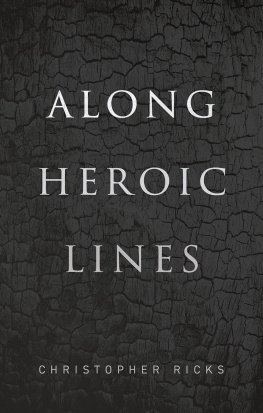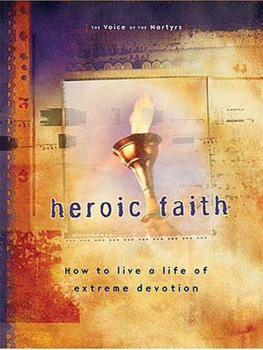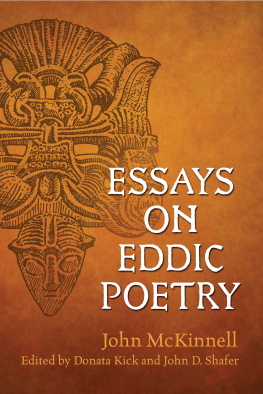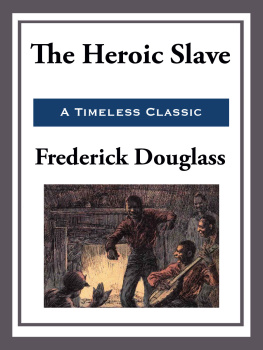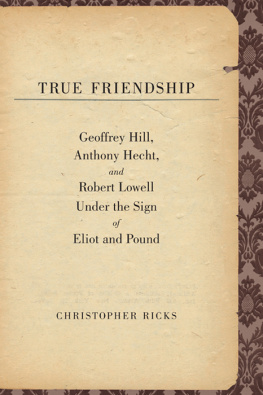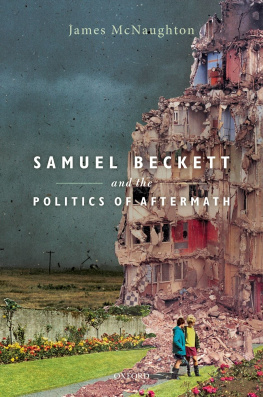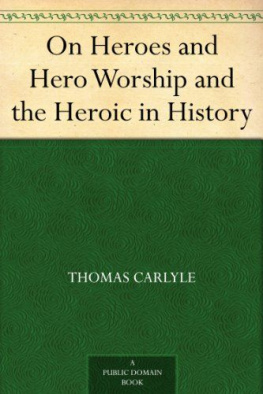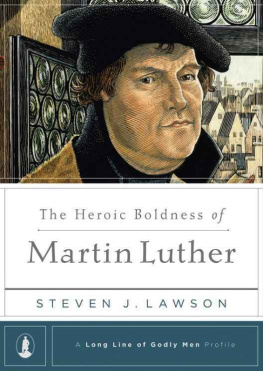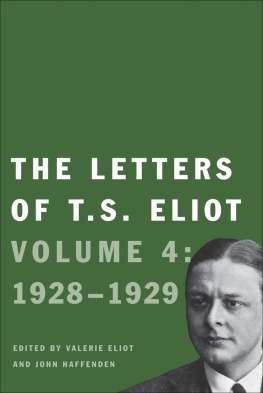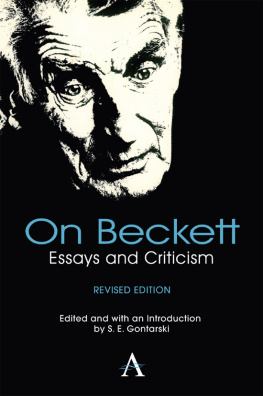Along HeRoic Lines

Great Clarendon Street, Oxford, ox2 6dp , United Kingdom
Oxford University Press is a department of the University of Oxford. It furthers the Universitys objective of excellence in research, scholarship, and education by publishing worldwide. Oxford is a registered trade mark of Oxford University Press in the UK and in certain other countries
Christopher Ricks 2021
The moral rights of the author have been asserted
First Edition published in 2021
Impression: 1
All rights reserved. No part of this publication may be reproduced, stored in a retrieval system, or transmitted, in any form or by any means, without the prior permission in writing of Oxford University Press, or as expressly permitted by law, by licence or under terms agreed with the appropriate reprographics rights organization. Enquiries concerning reproduction outside the scope of the above should be sent to the Rights Department, Oxford University Press, at the address above
You must not circulate this work in any other form and you must impose this same condition on any acquirer
Published in the United States of America by Oxford University Press
198 Madison Avenue, New York, NY 10016, United States of America
British Library Cataloguing in Publication Data
Data available
Library of Congress Control Number: 2020946423
ISBN 9780192894656
ebook ISBN 9780192647467
Printed and bound by
CPI Group (UK) Ltd, Croydon, CR0 4YY
Links to third party websites are provided by Oxford in good faith andfor information only. Oxford disclaims any responsibility for the materialscontained in any third party website referenced in this work.
Contents
Along Heroic Lines is concerned with the heroic, with the English heroic line (Samuel Johnsons long-standing term for what in education is now called the iambic pentameter), and with the interactions of prose and poetry. The essays engage with these related matters, but any claim to coherence has to be a mild one, something of a disclaimer. Some versions of the heroic might have done it, were it not that William Empson gave the world a work of genius in Some Versions of Pastoral (1935).
When tracing the ideal line of study, we should (Matthew Arnold suggested) fix a certain series of works to serve as what the French, taking an expression from the builders business, call points de reprepoints which stand as so many natural centres, and by returning to which we can always find our way again. To a series of works may be added a series of writers, of periods, and of literary kinds or medium, all encouraging a return to such centres as the heroic, the heroic line, and the engagements of poetry and prose.
Thomas Carlyles lectures On Heroes, Hero-Worship, and the Heroic in History (delivered 1840, published 1841) stand as one of these points. The reduction of his title to OnHeroes and Hero-Worship is unfortunate as narrowing the triangular to the binary, as making Hero-Worship even more important than it (unfortunately) already was in Carlyle, and as slighting the Heroic in Historyincluding the imaginative slights perpetrated by the mock-heroic or by scepticism as to the heroic. Ones moral bearings may even be obliged to call upon Hilaire Belloc. A Moral Alphabet (1899) succeeds octosyllabic quatrains with a heroic couplet, Aesops summary injustice.
B stands for Bear.
When Bears are seen
Approaching in the distance,
Make up your mind at once between
Retreat and Armed Resistance.
A Gentleman remained to fight
With what result for him?
The Bear, with ill-concealed delight,
Devoured him, Limb by Limb.
Another Person turned and ran;
He ran extremely hard:
The Bear was faster than the Man,
And beat him by a yard.
MORAL
Decisive action in the hour of need
Denotes the Hero, but does not succeed.
George Orwell began his Reflections on Gandhi in 1949 with a characteristic combination of trenchancy and caveat. Saints should always be judged guilty until they are proved innocent, but the tests that have to be applied to them are not, of course, the same in all cases. The clincher is of course. And of course what Orwell says about saints goes for heroes too. He emphasized that Gandhis natural physical courage was quite outstanding. This conviction of Orwells was braced against a pair of further convictions: No doubt alcohol, tobacco and so forth are things that a saint must avoid, but sainthood is also a thing that human beings must avoid. Saints and heroes have long been brought forward, often by themselves, as the two finalist contenders. Heroes, heroism, the heroic (leave alone heroics), are all contentious.
The Anagram is included, I admit, because there is something about the word ProceedingsProceedings of the British Academythat does rather discourage people from proceeding. And an anagram is a way with words that both prose and poetry enjoy transacting, with my opening instance being not from the poetry of Byron but from his prose. The free-standing anagram is neither poetry nor prose, being between two worlds, like an inscription. Such inscribing can honour a heroic figure (Charles Stuart, cals true hearts) or a heroine, the name of such an honour to human nature as Miss Nightingale (Flit on, cheering angel ). Or the heroic may give way to the far-from-heroic covert: Tony Blair, MP: Im Tory Plan B. The anagram can even incarnate the tension between the saint and the hero, the sacred and the secular, between George Herbert contemplating the Virgin Mary, and Charles Tomlinson contemplating John Constable.
Johnsons Lives (1878); included in Selected Criticism of Matthew Arnold, ed. Christopher Ricks (New York, 1972).
In Front of Your Nose [vol. iv of The Collected Essays, Journalism and Letters of George Orwell ], ed. Sonia Orwell and Ian Angus (Harmondsworth, 1968), 4634, 467.
From the inaugural lecture as Professor of Poetry at the University of Oxford, November 2004
Gratitude is among those human accomplishments that literature lives to realize. Art enjoys the power not only to voice gratitude but to prompt it, even to restore us to a state in which grateful might come again to mean at once feeling gratitude and feeling pleasureas though it once was, and ought always to be, impossible to be granted something gratifying and not be grateful for it.
Even the fallen natural world may be alive to this paradisal possibility. A hope, at least, is to be scented. There are wafted
Sabean Odours from the spicie shoare
Of Arabie the blest,
whereupon
many a League
Cheard with the grateful smell old Ocean smiles.
(Paradise Lost, iv. 1615)
With how fine an air the grateful smell turns to and into smiles. We should be grateful to Milton, and so we are. Meanwhile Satan, the great ingrate, in this his unsmiling passage into the Garden of Eden, seeks to darken any such passage as this of Milton.
Gratitude, not an easy thing. Fortunately, there is the gratitude felt by all of us toand forthe enduring poets whom the Professorship of Poetry at Oxford exists to honour. Gratitude, moreover, as a high calling of literary studies in particular, with ingratitude as then the low answer. Not one of us is professionally immune, since what should be a triumph of literary criticismthat it exists in the same medium as its art, as, say, music criticism does notis by the same token its special peril of professionalized triumphalism. The deep | Moans round with many voices:

